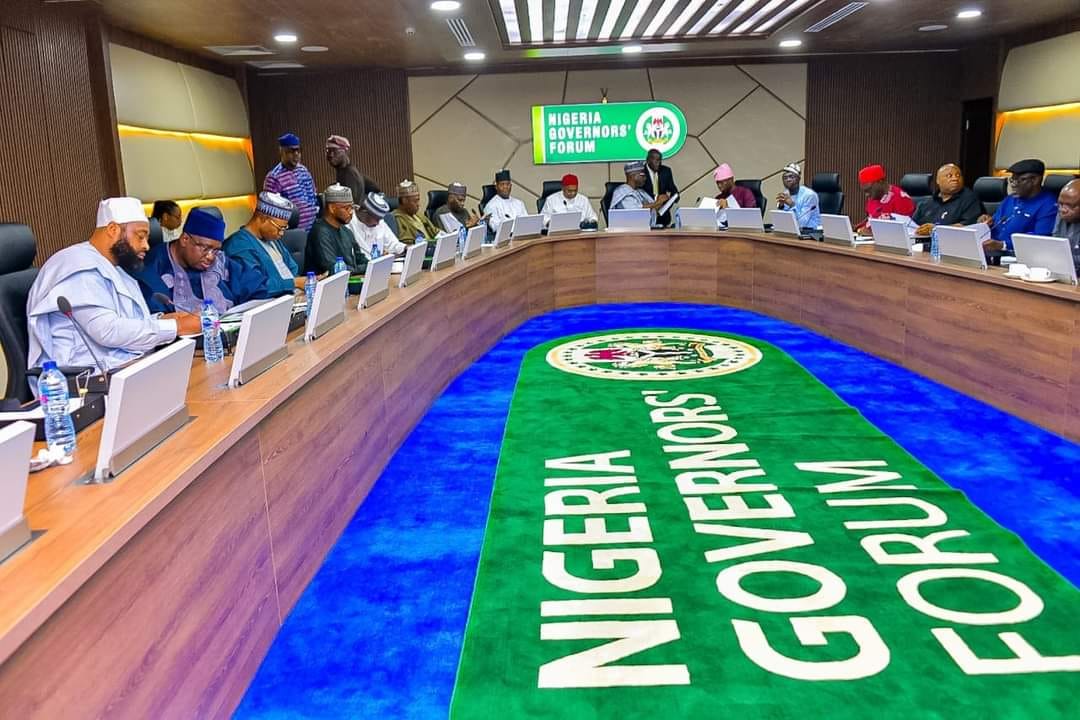Omolabake Fasogbon
A new report by Cambridge University Press & Assessment (Cambridge) has urged Nigeria to put human skills, knowledge, and values at the heart of its education system to prepare next generation for the realities of Artificial Intelligence (AI).
The report titled “Humans at the Heart of Education” finds that while digital skills remain important, they are insufficient in a world where technology evolves faster than traditional learning can keep up.
It argues that the future of work will depend not only on technical competence, but also on how effectively humans and technology complement one another.
According to the report, Nigeria’s education strategy should go beyond test-based learning and focus on qualities like creativity, critical thinking, empathy, and collaboration that artificial intelligence cannot replace.
It further emphasises the need to empower teachers as central agents of change, noting that technology should enhance rather than replace their work.
The report cites a World Bank-backed pilot in Edo State, where teachers used AI tools to personalise lessons, achieving nearly two years of learning gains in just six weeks.
This report notes that this outcome demonstrates the potential of human-technology collaboration, when trainers are placed at the centre of innovation.
The report further sets out three key pillars for global and national education systems, including building education that develops the whole person, empowering teachers as agents of change, and driving reform through collaboration between governments, educators, families, employers, and communities.
It urges Nigeria to align its curriculum with local context, like history, culture, and language to boost learning and workforce relevance, describing moves to reintroduce history and local languages in institutions as a step in right direction.
Commenting on the report, Managing Director, Partnership for Education at Cambridge, Jane Mann reiterated that beyond digital proficiency, Nigeria must equip its young people with human-centered skills, values, and connections essential for building resilient individuals and a sustainable economy.
“This includes ensuring education remains highly local to students’ context in Nigeria, and putting teachers and school leaders at the heart of education reforms. The pace of technology means we don’t know exactly what tomorrow’s world of work looks like for today’s students, but by keeping humans at the heart of education, we prepare Nigeria’s next generation for all eventualities, “he stated.


